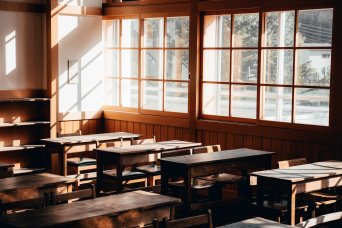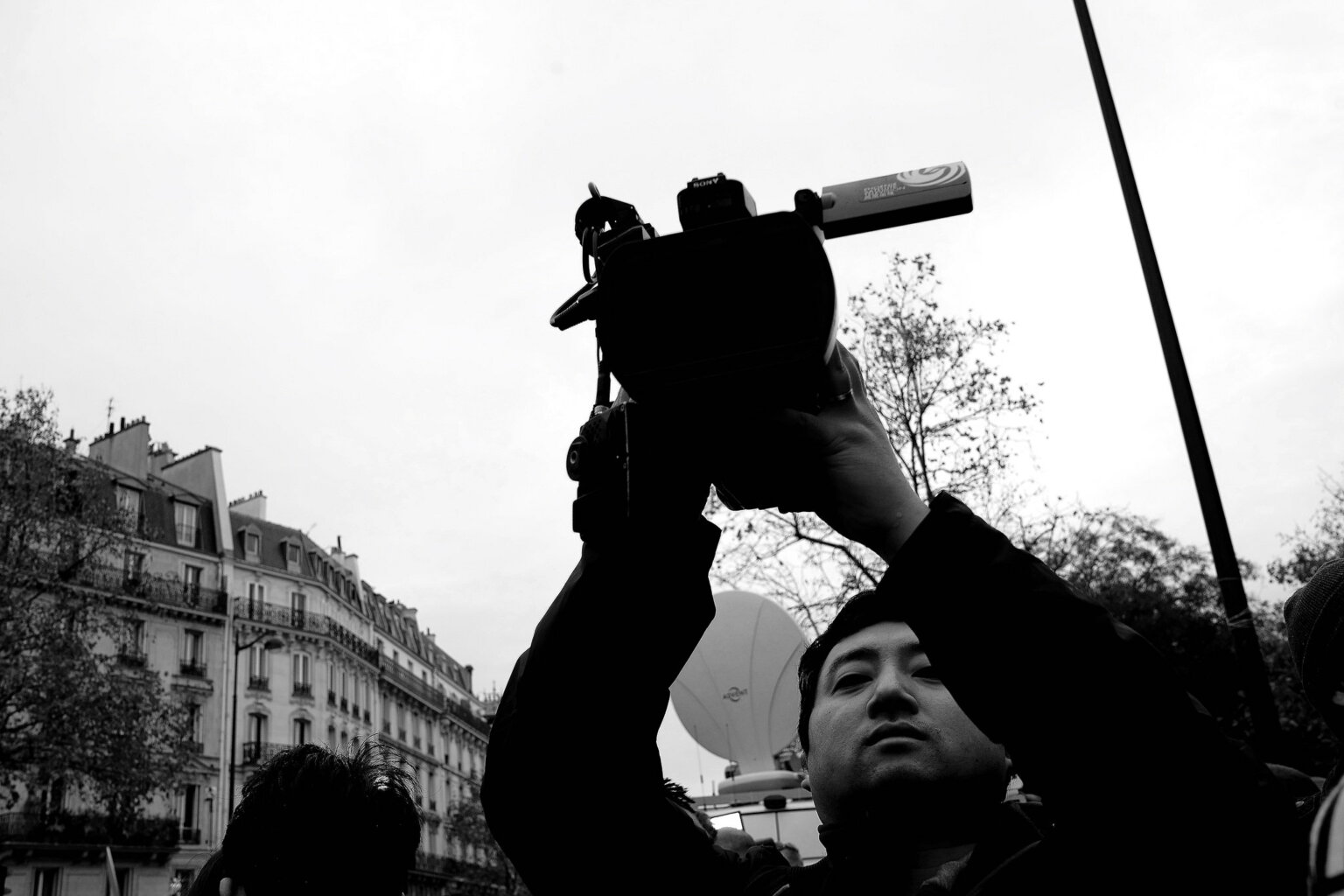- About
- Topics
- Picks
- Audio
- Story
- In-Depth
- Opinion
- News
- Donate
- Signup for our newsletterOur Editors' Best Picks.Send
Read, Debate: Engage.
| topic: | Freedom of Expression |
|---|---|
| located: | Pakistan, India, Afghanistan |
| editor: | Shadi Khan Saif |
While the global media has recently caught onto the frequent and, at times, deadly attacks on scholars and students worldwide, the suicide attack by a Karachi University student in Pakistan back in April had raised alarms about the country’s academic landscape and, in particular, of the plights of the ethnic Baluch community. This dreadful occurrence, whereby a young student took her life to make a statement, speaks volumes about the state of freedoms in Pakistan.
It was reported that the young female attacker targeting Chinese academics at the Karachi University wanted to make a statement against the oppressive tactics by the Pakistani authorities against her people. While there can’t be any justification for such a dreadful act under any circumstances, it calls to question why students and scholars from the Baluch community are thinking on extreme lines in Pakistan.
This incident stresses the need to improve conditions for academics and students, which are a vital part of society, granting them their due respect and freedom of expression. Pakistan is just one example where fears and self-censorship among marginalised academics and students are constricting society’s space to think, question, and share ideas, warned the Scholars at Risk (SAR) in its latest Free to Think report released last week.
Documenting at least 391 attacks in 65 different countries between September 2021 to August 2022, the Scholars at Risk report calls for global action to secure an independent future for humanity where critical discourse is not considered as disloyalty, ideas not considered crimes and everyone is free to think, question and share their ideas.
The report has highlighted the systematic state oppression of Pakistan’s ethnic Baluch academics and students. According to the International Forum for Rights and Security, a Canada-based NGO, 48 Baluch students disappeared in Pakistan from January to May 2022. The organisation added that thousands of Baloch individuals have disappeared at the hands of Pakistani authorities since the early 2000s, with students being one of the most targeted groups.
“Over the past year, police used force against members of the higher education community in Pakistan carrying out peaceful protests while extremism threatened campus safety, and Baloch students faced a disturbing pattern of detentions and disappearances,” claims the report.
The suppression of academic thought is not restricted to Pakistan alone: in neighbouring India, Hindu nationalists are constantly attack academics, while in Iran the regime’s crackdown on dissent continues.
This stifling of human rights cannot continue. First and foremost, we need to understand and accept that academic freedom is nothing short of freedom of expression, and it therefore requires legal protection in all countries. To guarantee this protection of human rights, we must stop glorifying and electing authoritarian strongmen.
Instead of placing arrogant minds at the heads of states, we must grant the respected status back to academics and teachers, allowing them to lead society toward better futures.
Photo by 2y.kang

